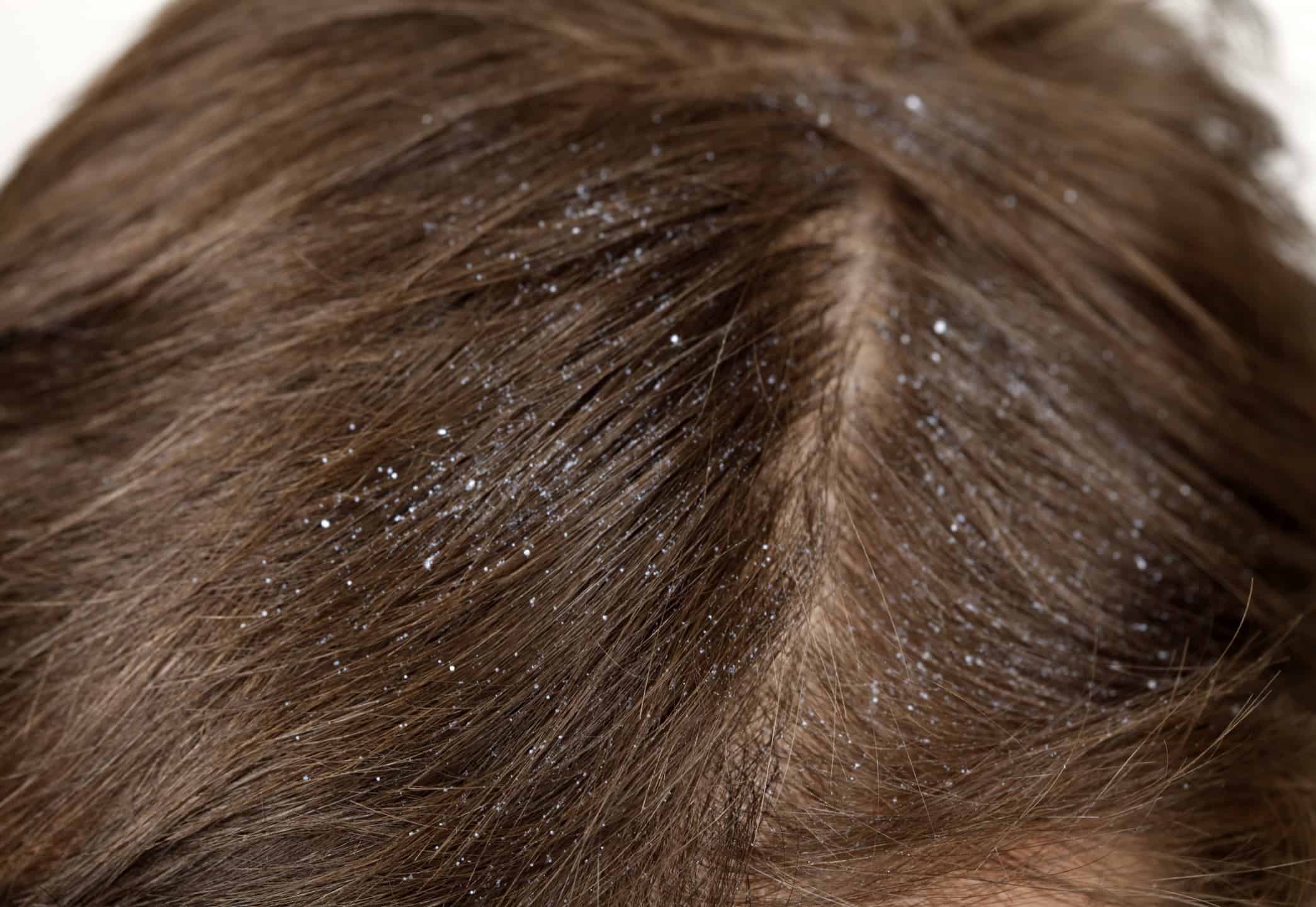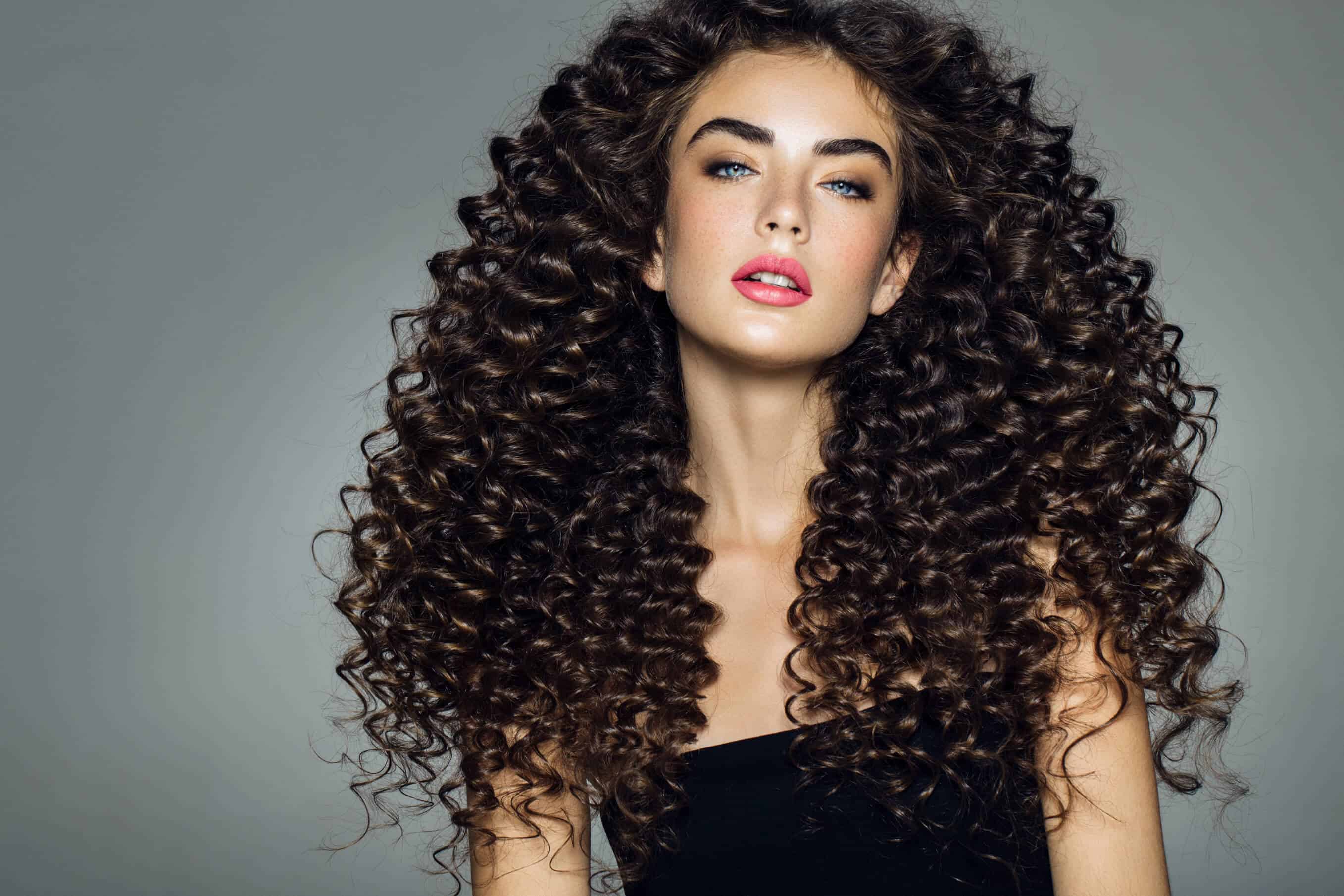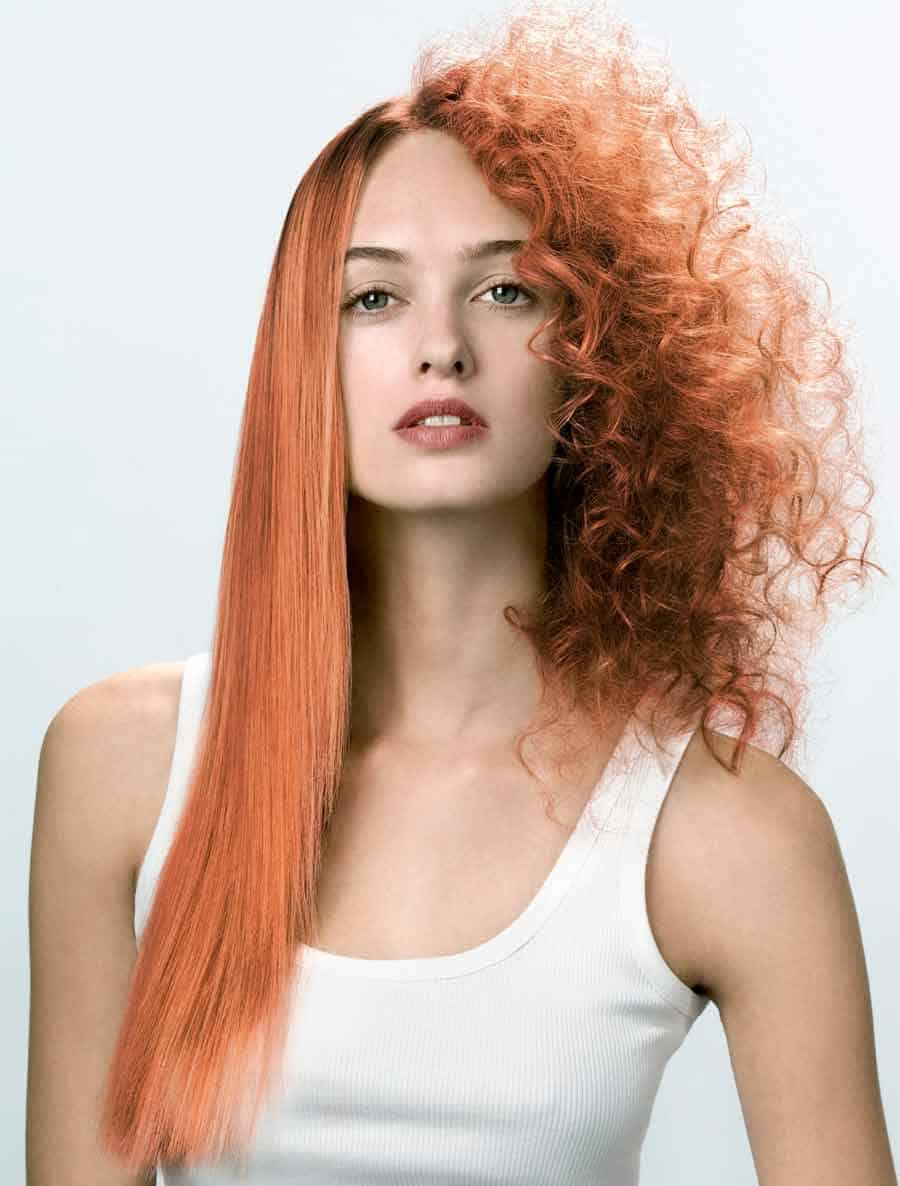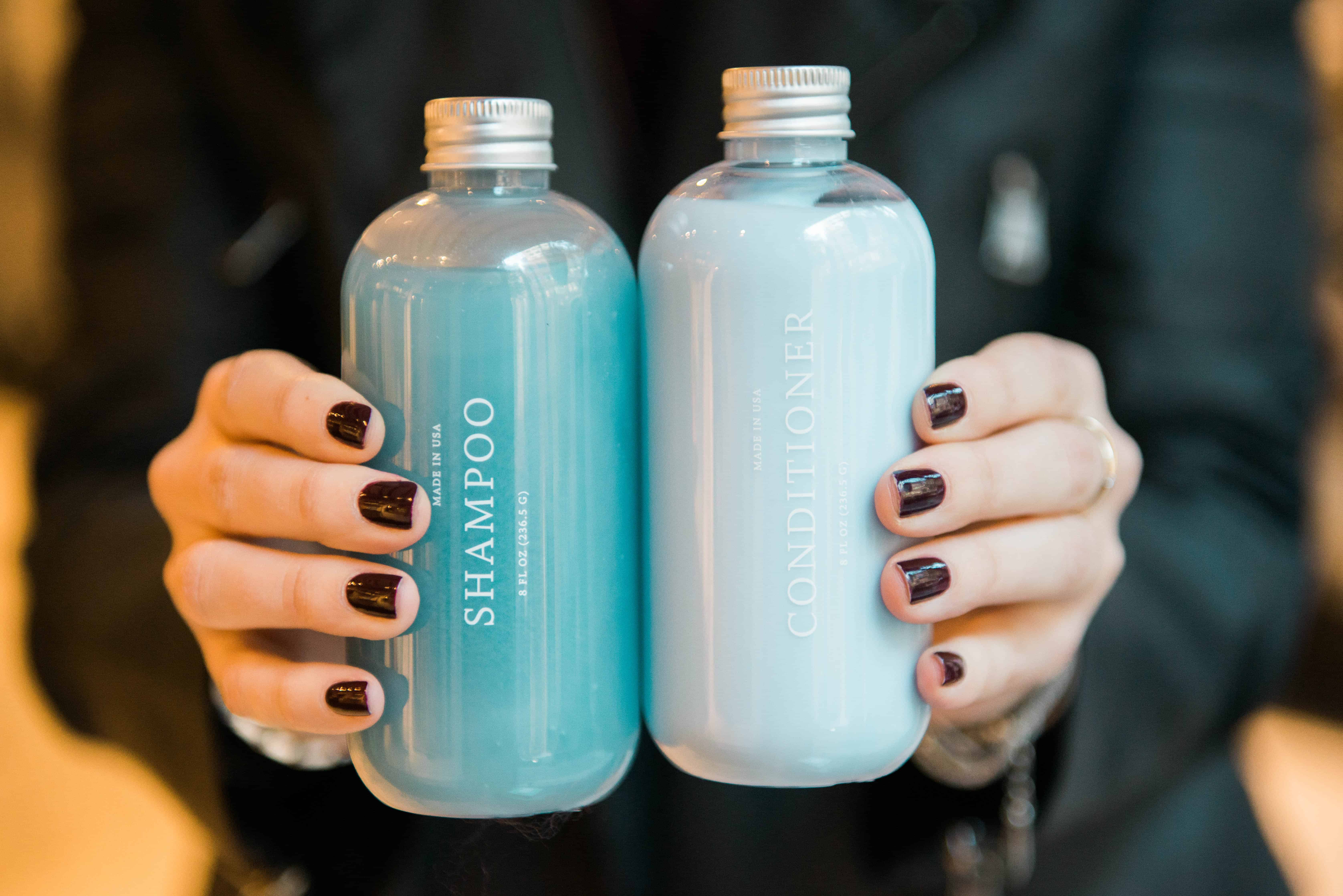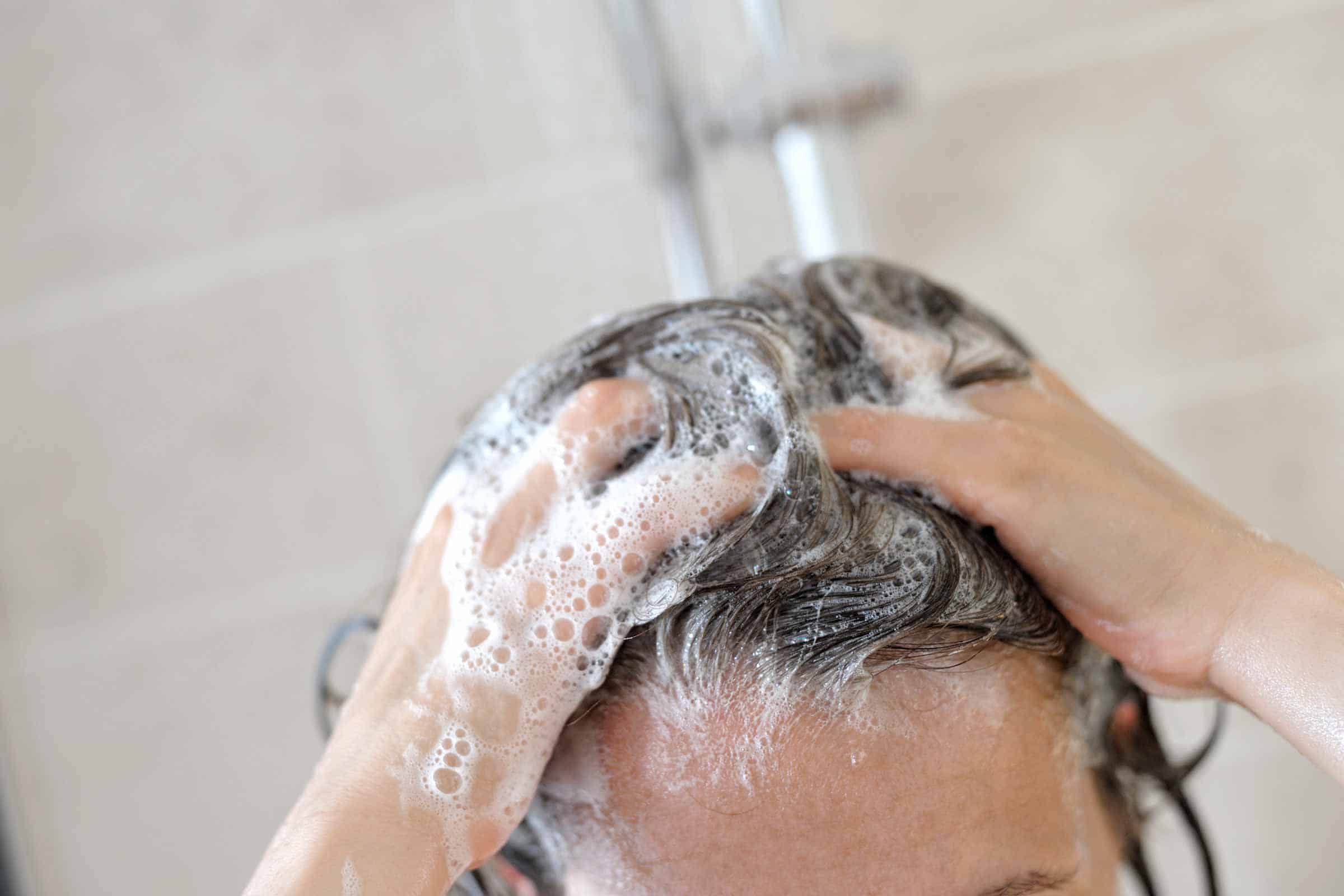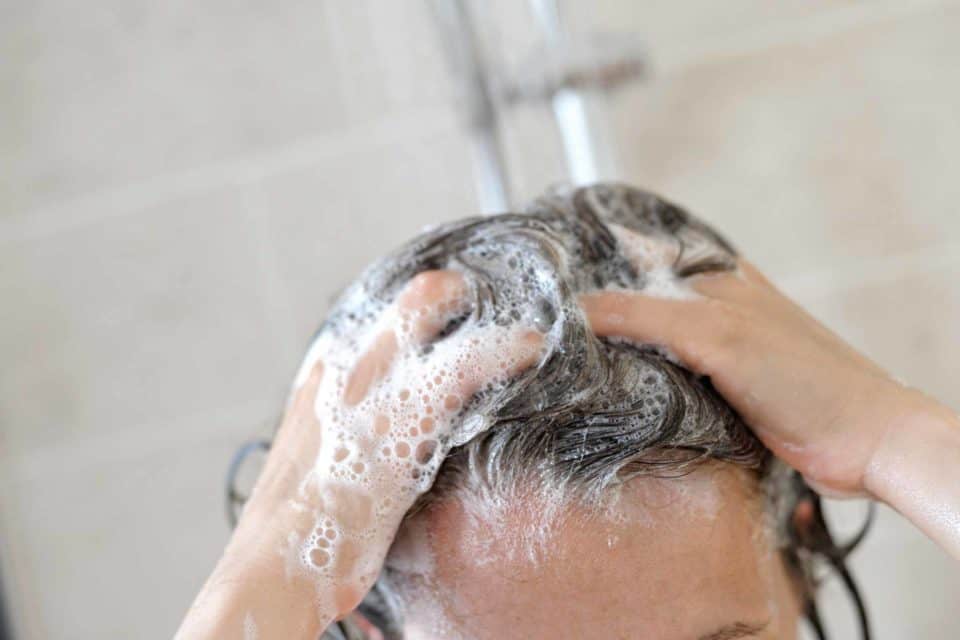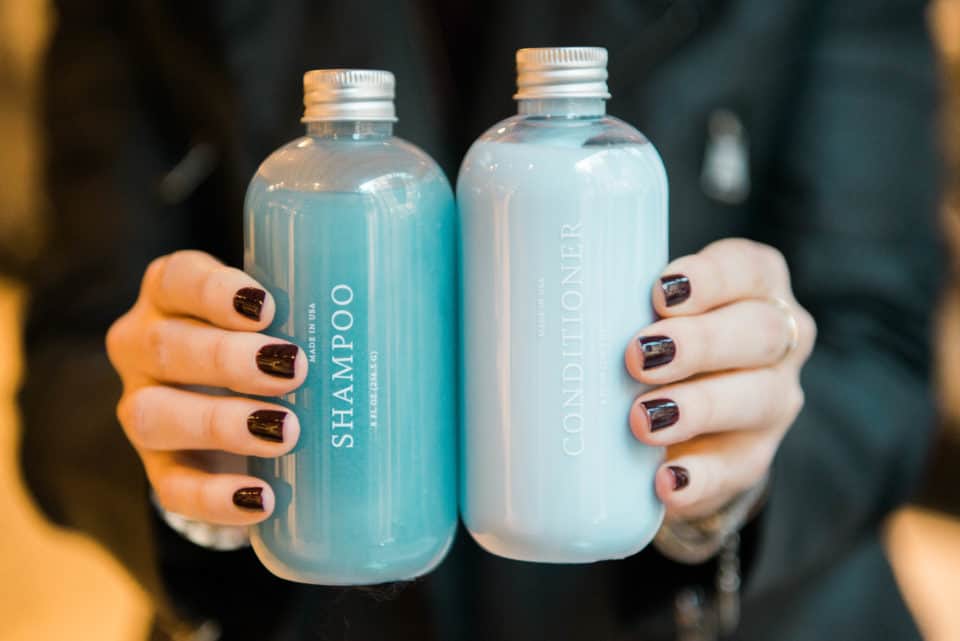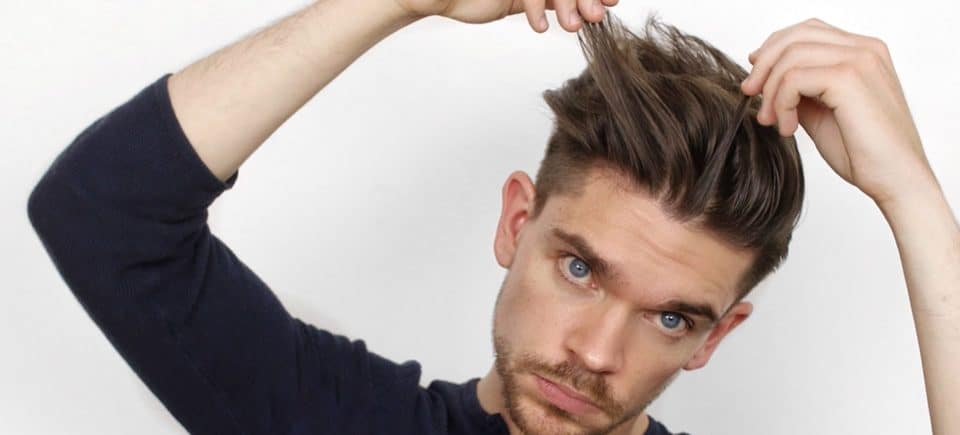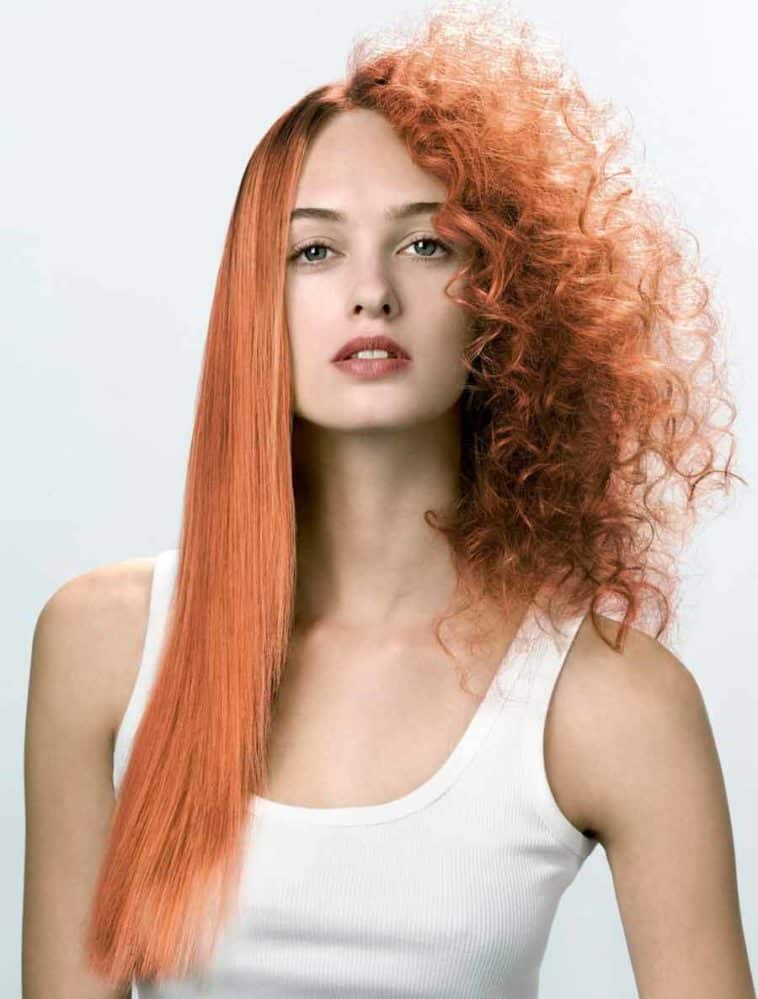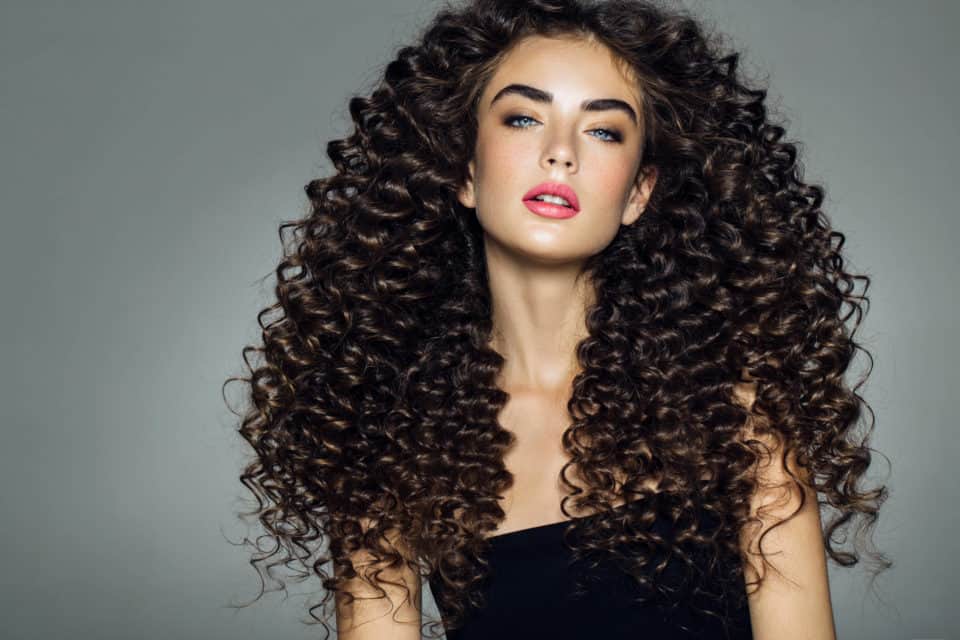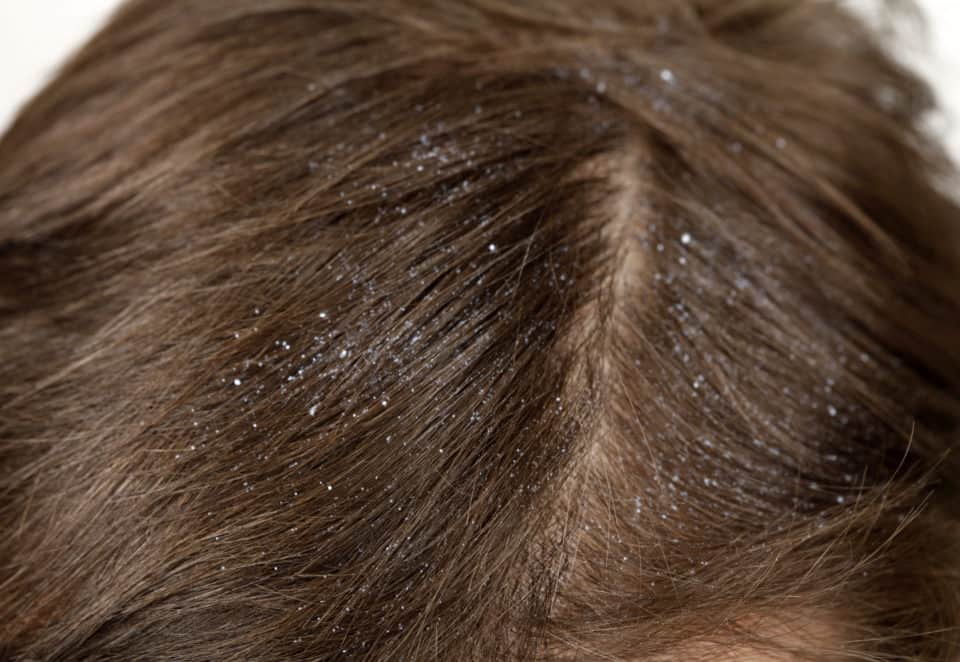Why Lather is Bad
Most shampoos use sulfates to accomplish that rich, foamy appearance, and that’s the only benefit. They give you the look of cleanliness so you feel good about using that product. The other thing that they do is they dry your hair and scalp out, so if you already suffer from flakes, split ends, dry, itchy scalp, or have damaged hair, that lather is making your issues worse, not better. Related Reading: Do Chemicals Turn Hair Gray?
What is Better
Generally speaking, a conditioning shampoo or a cleansing conditioner that doesn’t use sulfates is preferred for most hair types. Even a basic home mixture with little more than baking soda and water is going to be better for your hair than dumping in a load of sulfates and unnatural items. We suggest you start with that and then work your way up. The thing to avoid is sulfates, since they’re not doing you any favors. If you’re looking for the baking soda recipe we suggest, it is thus: 1 Tablespoon Baking Soda1 Cup Water Mix in clean bottle and apply to hair and scalp. The other key is not to wash your hair as often, since washing it strips away the oils that it needs. Short of requiring a medicated shampoo, you can usually get away with washing about three times a week, at most. Overly cleansed hair is far more common than those that are under-cleansed, and more likely to cause damage to hair that requires expensive treatments to repair. If you think you can live with it, try going without washing it at all for a week to see where it gets you. If that sounds too vile, stick to the baking soda cleansing solution every other day. This will do the trick for most people, from the shave-headed to the luxuriously locked.
Who Needs More Than Basic
If you have difficult hair or want more volume, less oil, greater manageability, or a shampoo that is kind to color-treated hair, you’re going to need to branch out above and beyond the standard baking soda concoction, though we still suggest you try it for a week and see how your body responds. Often you’ll find that letting your hair get back to a more natural state will make it more manageable, less tangled, and it will shine with a healthy luster that no salon gel can emulate. Mostly it is those with exceptionally fine, frizzy, curly, oily, or dry hair that need to step up their game, though only if you’re having serious issues or are seeking a different look.
For Fine Hair
First off, you’re usually better off getting dirty than you are pumping in a volumizing shampoo. Hair that is slightly dirty will hold a style far better than freshly washed, and put more pomp in that pompadour. Styling gels, pomade, and hairspray work if you want to give it more body, rather than slathering it with shampoo which will make it flatter. Consider a volumizing or bodifying conditioner. To save money and still get lots of volume, Pantene’s Full & Thick line is inexpensive and works well. If you have fine hair and insist on using a shampoo, these will be your best options. They’re the least harmful and will actually bodify your hair without stripping it bare. Fat Hair ($10)Dessert Essence Organics ($8)L’Oréal EverPure ($7)
For Frizzy Hair
If you feel you’re cursed with frizzy hair, there’s a couple things to note: First off, it’s going to get worse if it gets dry, so it’s wise to stick to cleansing conditioners and dump your shampoo altogether. Oils help to weigh frizzy hair down, so the more you can keep on it, and the more natural those oils are, the better your head of hair. For cleansing conditioners, because we just can’t tell you to get a shampoo, you should consider: Carol’s Daughter Hair Milk ($12)L’Oréal Paris EverCreme ($7)Herbal Essences Naked ($15)Purely Perfect Cleansing Crème ($40) Also note that flyaways can often be caused by static electricity. To smooth your hair out, try running a dryer sheet over it to reduce the charge.
For Curly, Dry, Damaged, or Color-treated Hair
In the case of hair that’s been through the wringer, you’ll actually get more mileage out of any shampoo that is meant for color-treated or damaged hair because oils reduce curls. Again, not shampooing your hair at all will give you more of these natural oils, so there’s no need to try to get a straightening shampoo. Most of those use silicone or (now this shouldn’t surprise you) oils to get the straightening effect. Use an oil treatment and flatten your hair out with a hot implement if you don’t like those curls. In this case, we don’t even suggest you bother with regular hair products for the best results. Wash with some of that coconut oil that is so popular, or add in a little virgin olive oil. Maybe some jojoba oil if you prefer. Basically, anything you might use to grease a pan or get your body nice and slippery – for whatever reason – will help reduce curly hair.
For Oily Hair
All right, oily-haired folks, you are the ones who usually need the most washing help and can get away with using sulfate-based shampoo if you so choose. It still isn’t a great idea, as overdrying your hair isn’t the ideal way to make it less oily. That just makes it brittle and breakable. The thing to avoid here is “Clarifying” shampoos. Almost no one needs these and while the name suggests they are good for keeping your oily hair under control and giving you a clean, fresh scalp, they’re usually going to maul your hair at the cellular level. For your options, go to the brands who help people with oily skin; Neutrogena. Their residue free shampoo ($5) works without stripping your hair down. Add in a very light conditioner, such as Herbal Essence clean, refreshing conditioner. Degrease is also good, if a little pricey. Begin with our baking soda regimen, and see where you are. Then try interspersing a simple shampoo for oily hair with the baking soda. Usually a balance between the two will give you a solid routine that keeps both you and your hair happy.
For Dandruff
This is going to be the exception. If you have any medical condition that requires the use of shampoo, then it should be used as your doctor or dermatologist recommends. If you can wean yourself away from it periodically, it is often better for your hair than if you use it on a daily basis. Since oily hair is most commonly affected by dandruff and other scalp conditions, the tips listed above should give you the most mileage.
